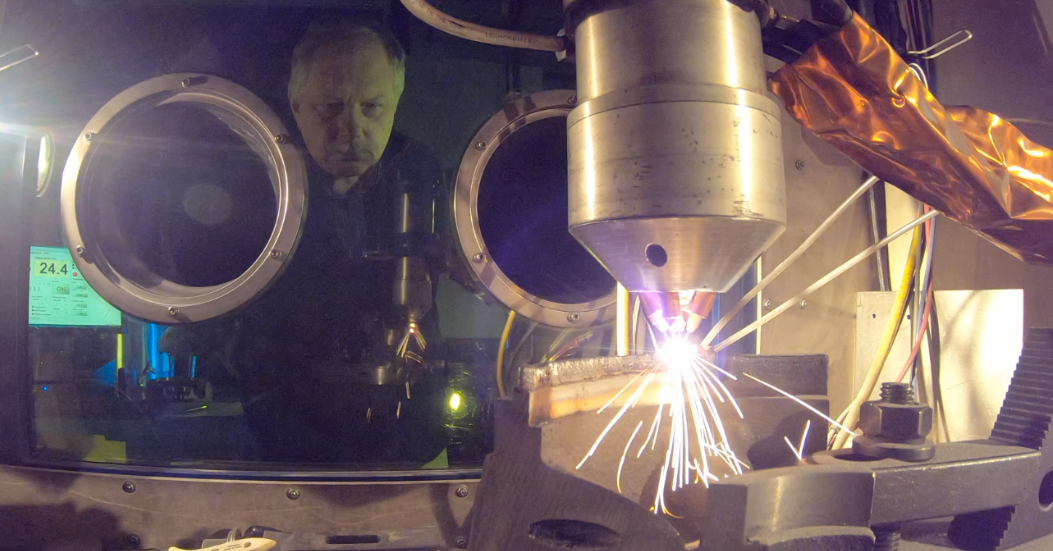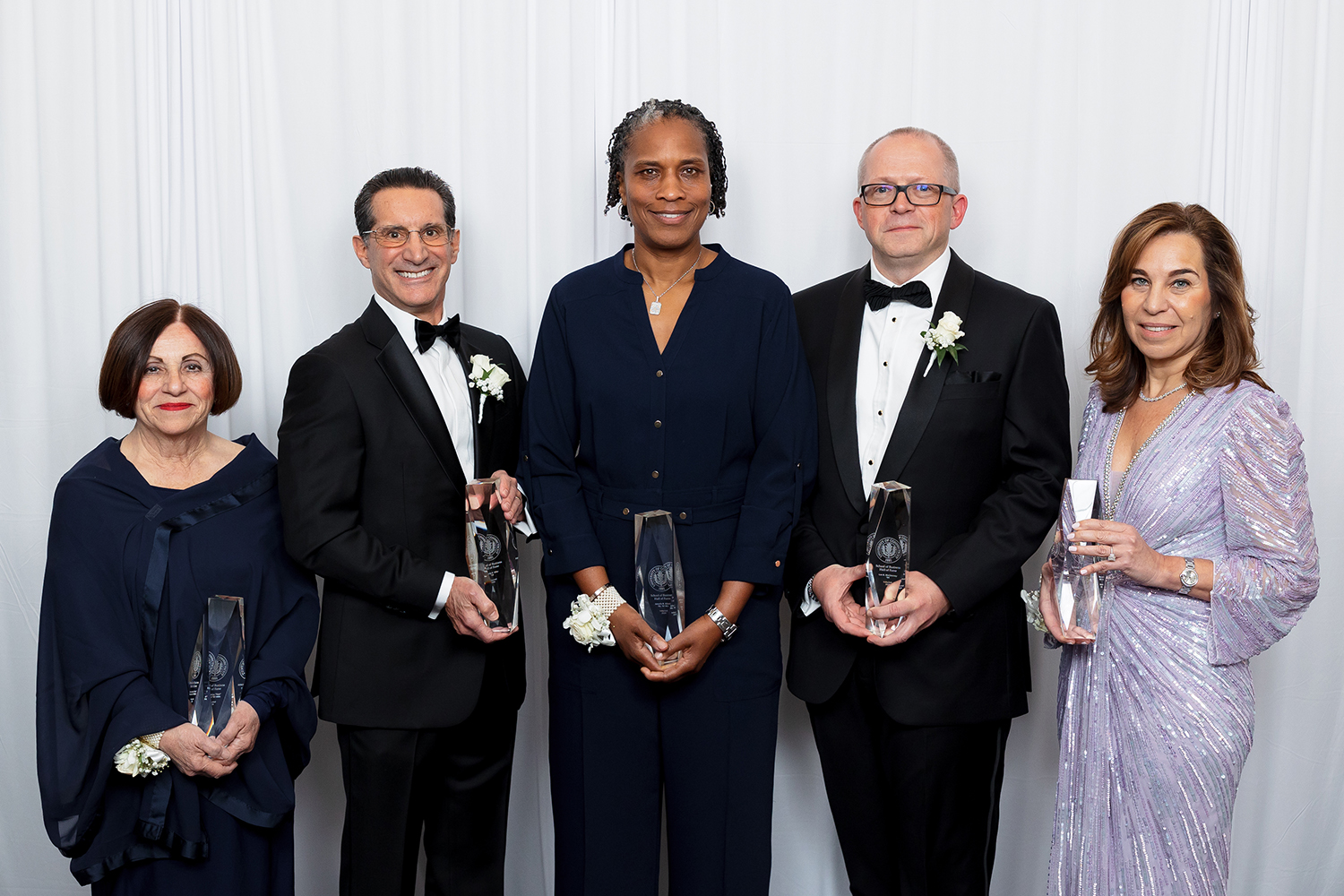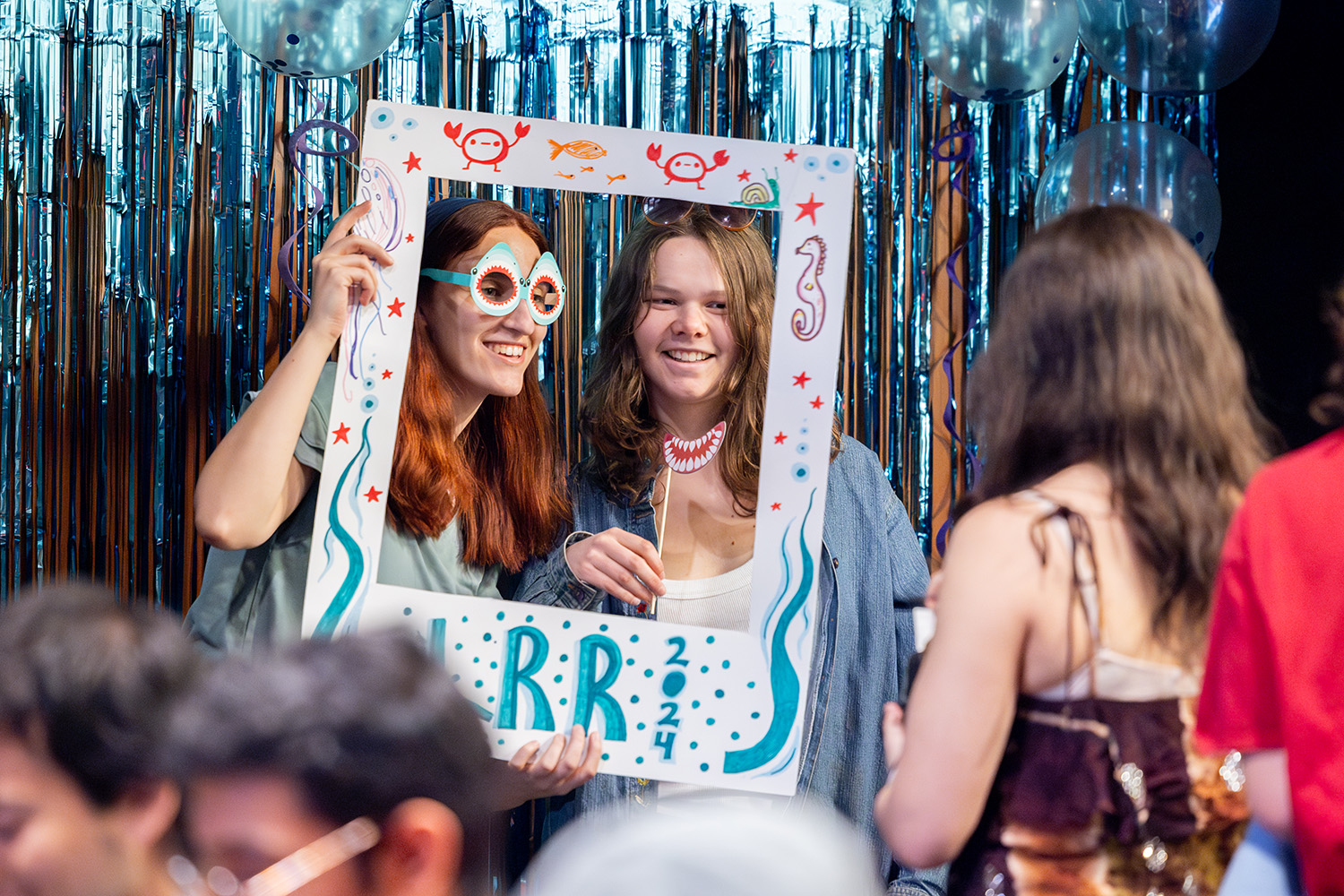Representatives from the University of Connecticut and the Connecticut Center for Advanced Technology (CCAT) met to celebrate the ink drying on a new collaboration agreement — and to brainstorm potential joint projects — in UConn Tech Park’s Innovation Partnership Building on June 28.
Recognizing one another as two of the region’s most significant powerhouses of technology development, UConn and CCAT signed a memorandum of understanding (MOU) for future collaboration in March 2023. The memorandum encourages open communication between the state’s flagship research university and the applied technology demonstration and training center — with the intent of joining forces and aligning resources, wherever possible, to pursue valuable regional funding opportunities.
“It’s hard for me to express the importance of this meeting,” said Ron Angelo ‘85 (CLAS), a graduate of UConn’s economics program who is now the president and CEO of CCAT and serves on the School of Engineering Advisory Board.
“Our teams have worked together for many, many years on technical projects. We are well aligned on the most important issues facing our industrial base, and this partnership will leverage our joint resources to drive maximum impact. It’s tremendously valuable to me to be sitting in this room today.”
For nearly two decades, CCAT has been delivering transformative solutions to Connecticut manufacturing companies as a dynamic and innovative applied technology organization located in East Hartford, central to many of the state’s manufacturing and technology hubs. This proximity allows CCAT – and now, by extension, UConn – to tap into Connecticut’s manufacturing base in industries like aerospace engineering, shipbuilding, and medical device manufacturing.
“The timing around this partnership is in part due to the historic demand and need for technology advancement and talent generation and development,” Angelo said.
Pamir Alpay, UConn’s interim vice president for research, innovation, and entrepreneurship, noted that the two institutions complement one another: UConn is widely known for its technical research, and CCAT brings the capacity to create technical applications for that research.
“There’s synergistic opportunities we can explore together — manufacturing technologies, automation, robotics, and materials engineering will be at the forefront of what we will work on together,” Alpay said.
Two examples of active collaborative research include controlling manufacturing variability using physics-informed artificial intelligence, a CCAT collaboration with Professor George Bollas building upon prior work funded by the Department of Energy (DOE) Smart Manufacturing Insitute CESMII; and edge cognitive data fusion in hybrid manufacturing processes, a CCAT collaboration with Assistant Professor Farhad Imani and Professor Jiong Tang. Future federally funded opportunities include DOE Regional Hydrogen Hubs, EDA Regional Technology & Innovation Hubs, and the CHIPS and Science Act.
Assistant Dean of the School of Engineering Kylene Perras noted that the MOU “allows opportunity for great creativity and innovation.” With the combined resources of CCAT and UConn, she says, she looks forward to greater access for regional and federal funding opportunities.
“Harnessing the power of both CCAT and UConn, focused on technology and talent, we have a shared commitment of transforming companies, communities and career pathways,” says CCAT’s chief technology officer, Jackie Garofano ‘09 M.S., ‘11 Ph.D., who also serves on the external advisory board of UConn’s Connecticut Manufacturing Simulation Center (CMSC). In addition to providing manufacturing companies with technology adoption, CCAT supports employers with recruiting and upskilling of their talent.
At the June 28 meeting, various UConn faculty presented projects that aligned with CCAT’s goals and expertise. Emmanouil “Manos” Anagnostou, interim executive director for the Innovation Partnership Building, expressed that UConn Tech Park is “very much looking forward to expanding our presence in clean energy and sustainability” and will “make a very targeted effort to engage with small manufacturers, along with the big centers.” Julia Valla, associate director of UConn’s Center for Clean Energy Engineering (C2E2), shared some of the Center’s most exciting sustainability projects, like hydrogen research and an initiative that routes food waste into biochar production.
Alpay reiterated that the partnership unlocks more opportunities to apply and commercialize the transformative innovations from UConn research.
“It’s about translating what you are doing in R&D [research and development] so you are actually transforming the socioeconomic structure of a region,” Alpay said. “So it’s not just R&D — it’s a whole lot broader. It’s working with companies and small to medium manufacturers to actually improve technologies themselves, and then fine-tune their implementation across the region.”



